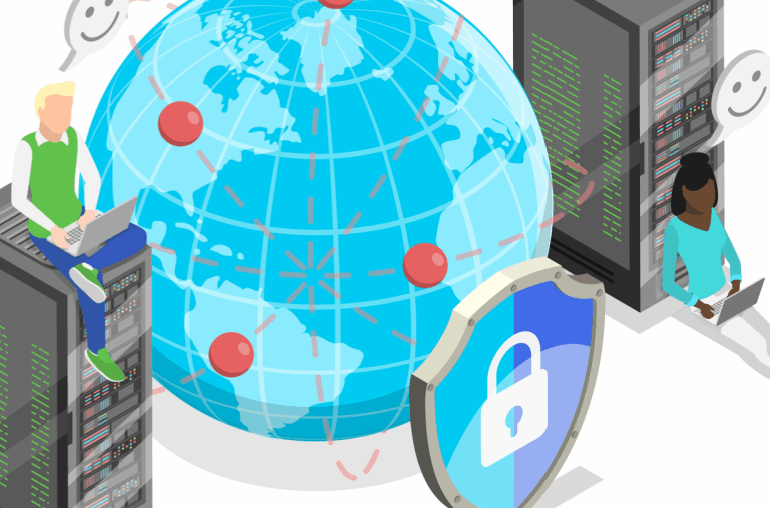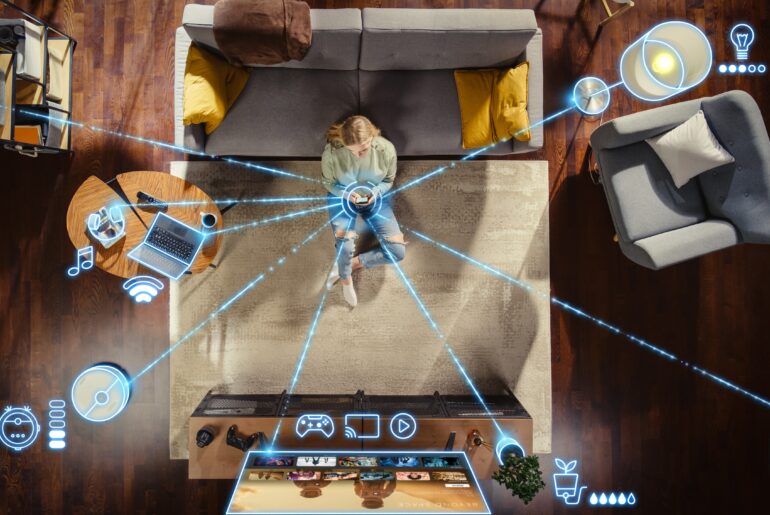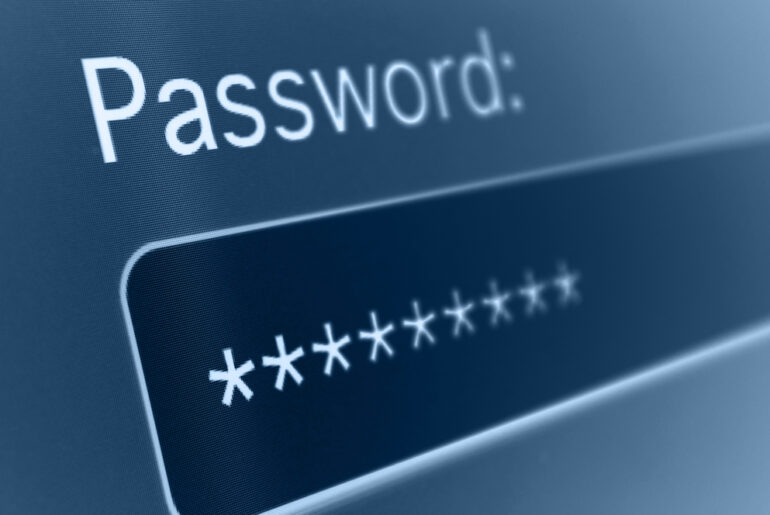Internet security is a constantly shifting and evolving thing. Every day new threats present themselves, and every solution is a potential new problem. How can you get total online security and protection from malware?
The fact of the matter is that total security isn’t feasible. Your Internet security is dependent on a consistently moving target, so there is no 100%. But you can get the best possible security with the right software and good #SecurityHygiene.
Defining “Total Security”
With that in mind, we have to ask ourselves what total security actually looks like. How do we get the best protection for our systems and what does “best” mean in this case?
As far as we’re concerned, the best possible security can be broken down into 4 key qualities.
You are Protected from Malware
A secure computer or phone is one that is as free from malware as possible. This means that you have reliable software and have developed good security habits.
You are Reasonably Anonymous
There are many ways to break your online anonymity, but being aware and using high-quality hardware and software solutions can keep hackers from identifying you.
Your Data is Encrypted
Regular, strong data encryption goes a long way toward foiling a lot of the most common hacks. Encryption used to be complicated, but these days it’s easy to keep your information secure.
Your Passwords are Strong
The importance of strong passwords cannot be overstated. A recent study published by Nordpass showed that in 2020 the most common password was “123456”. Which reminds me, I should change the password on my luggage. Passwords need to be complex, varied, and long.
So, what do you need to get the best information security?
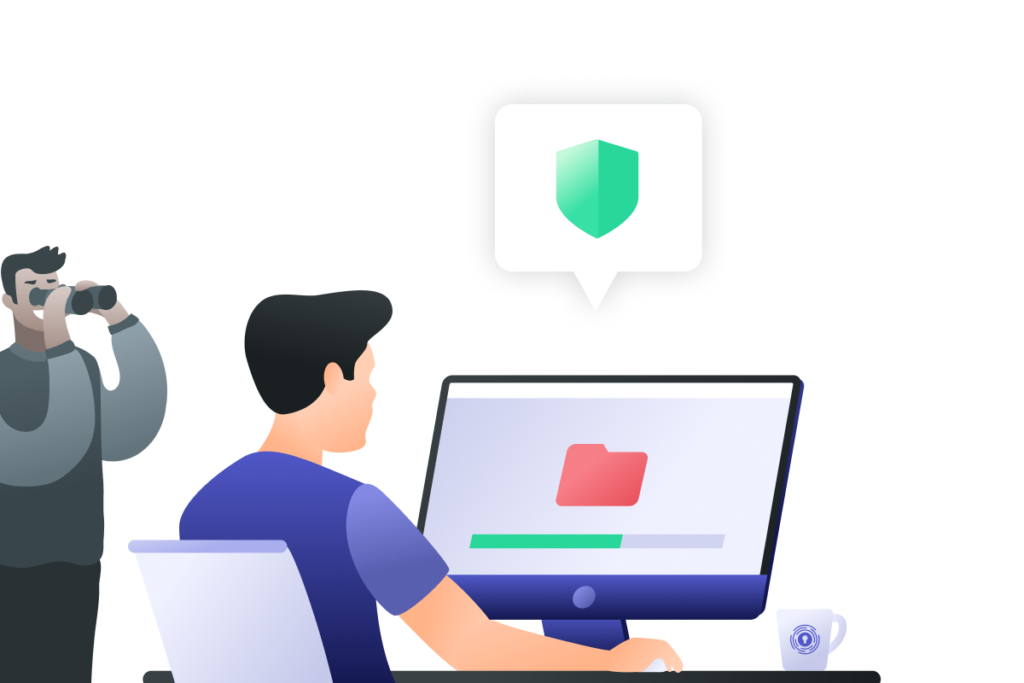
The Trick to “Total” Internet Security
In order to best protect yourself and your data, you’ll need to apply the following solutions.
Get a Good Antivirus
Let’s start with the most basic: get good antivirus software. While none are perfect, a reliable antivirus will update regularly to protect your data from the latest malware.
Antivirus software works by examining the incoming and outgoing data on your device. Companies will compile enormous lists of known malware, assigning “definitions” that help recognize malicious software. These antivirus definitions are often the key part of the code so that it can apply broadly and catch variants on common malware. By sifting through the data in transfer, it’s possible for the antivirus software to prevent malware from activating or being used by an unsuspecting target.
The best antivirus software will be paid versions from known brands like MalwareBytes and Kaspersky. Something to keep in mind is that antivirus software companies are constantly improving their products, so it’s a good idea to do the extra research necessary every year to see which is the best at the moment. While it’s often worth paying for an annual subscription rather than higher, monthly prices, don’t be afraid to re-evaluate your antivirus provider every year.
That being said, antivirus software only works if you work with it. Most will allow users to choose whether to quarantine or delete potentially harmful data, which is necessary but leads the unwary into a trap. Allowing too much data through will eventually result in an infection that your antivirus might not be able to deal with yet. That’s why you should scrutinize anything caught by your antivirus software, look up what the supposed threats are, and consider redownloading infected data from a different source.
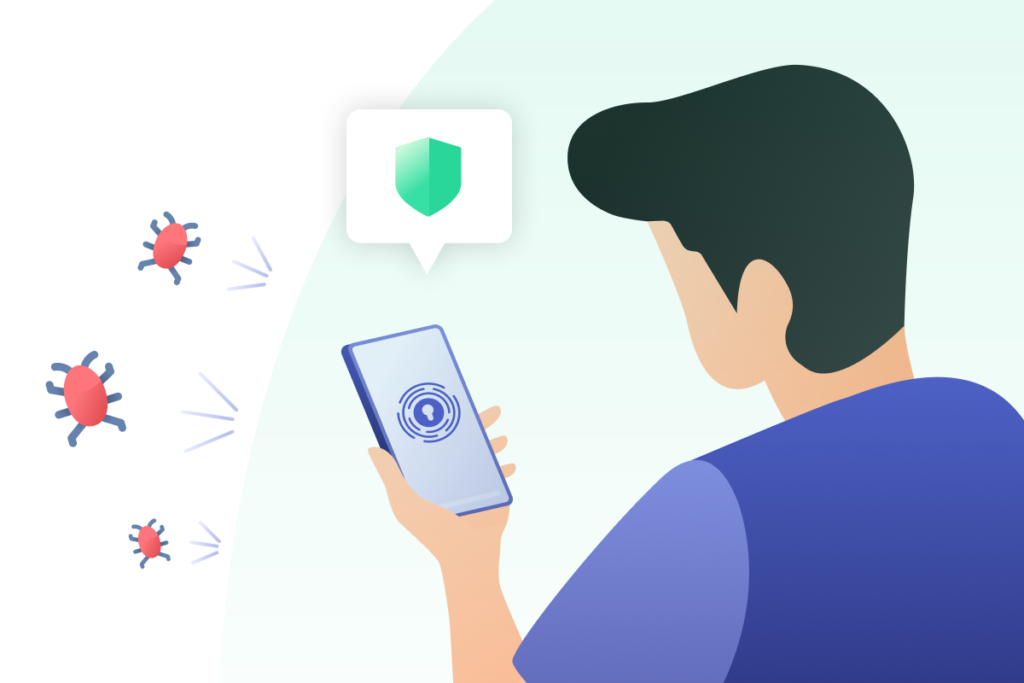
Use a Password Vault
Password security is where a lot of people falter when it comes to protecting their personal information online. That’s because the human brain is bad at memorizing things and takes shortcuts whenever possible. Those shortcuts generally involve choosing something familiar for a password and using simple words. However, the best passwords don’t use shortcuts: they’re basically random combinations of letters, numbers, and symbols in various cases.
How can you possibly remember information that doesn’t rely on a memory trick? You can get a password vault.
Password vaults are online services that will help you manage complex, robust passwords. They generally have apps or software extensions that you log into, as well as online backends for more advanced management. Once you’re authorized a specific device, you’ll be able to automatically insert login information for websites you visit or services you use.
The passwords themselves are encrypted, so you don’t have to worry about somebody getting that data. And most password vaults use two-factor authentication to ensure that only devices you authorize can be used with the software. In fact, some even require regular check-ins with the “master password” so that your password data is secure.
Always Connect to a VPN
You had to know that we would recommend using a VPN. While it seems obvious, people far too often don’t recognize the value that a VPN adds to their online security.
Of the four criteria for total online security listed above, a VPN can help with fully half.
First of all, using a VPN hides your IP address. By connecting to the VPN server, you ensure all data requests come from that server rather than your personal device. That means that information like your location, ISP, operating system, and more is hidden.
A VPN is also a great way to avoid malware and packet sniffing. There are software suites that can be downloaded specifically designed to hijack your Internet connection and send you to websites that can install malware or steal your personal data like banking logins or social security numbers.
Using a good VPN like PrivadoVPN means getting the advantage of high-level encryption. We use a 256-bit-AES cipher, the strongest encryption in the world, to protect every byte transferred to and from your computer. Our VPN network builds an encrypted tunnel around your data so that threat actors and third parties can’t see it at all.
If you’re concerned about spying and malware, then there is nothing more secure than using a VPN.
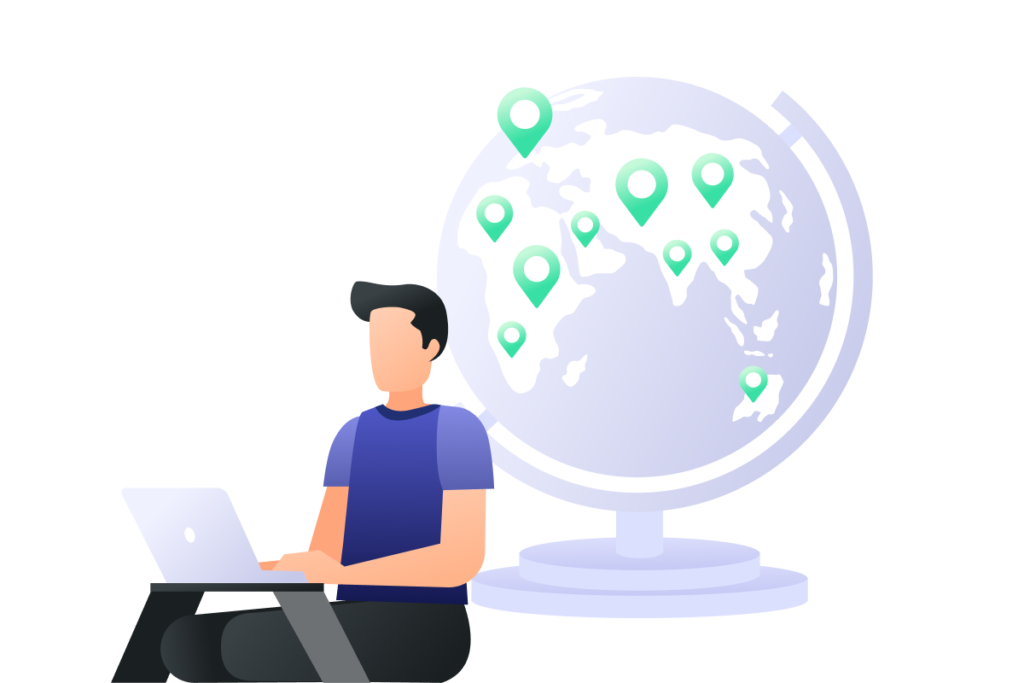
You’re The Key
Of course, none of this matters if you don’t develop and apply good security practices on a regular basis. The best antivirus in the world can’t stop you from installing malware yourself. Beyond malware, even an anonymous IP address won’t do you any good if you’re not careful about what you share online.
Take control of your own online security. Do the research, be aware, and consistently use your security software to supplement a savvy approach to being online. If you do all of that, you’ll be as close to total online security as it’s possible to be.
Download PrivadoVPN
Protect your privacy with a world-class VPN. Sign up for premium access to PrivadoVPN and get unlimited monthly data, access to 300+ servers from around the world, and up to 10 simultaneous connections. Get a top-rated VPN that can secure your privacy at home, at work, or on the go.
Sign up for PrivadoVPN today!


